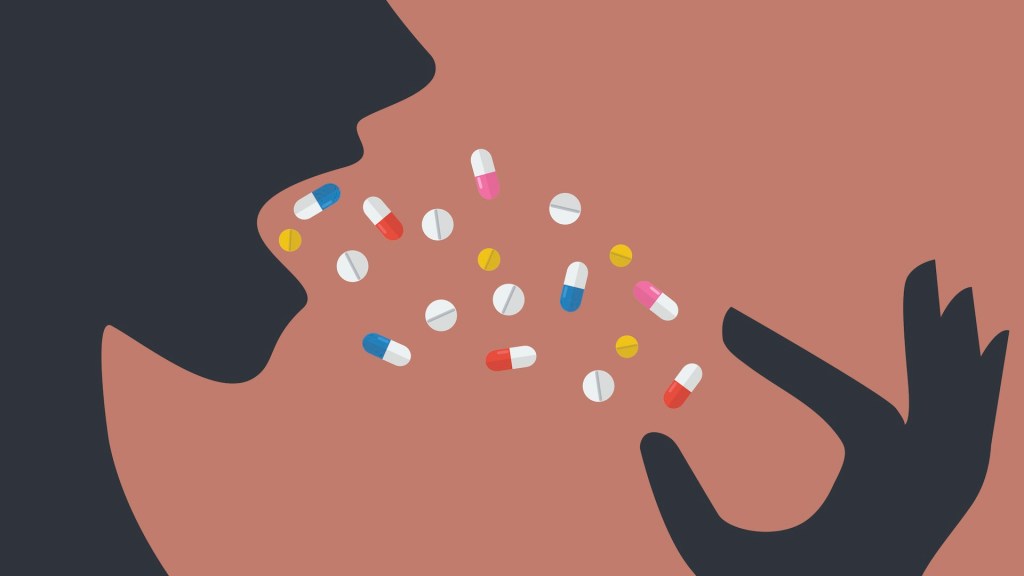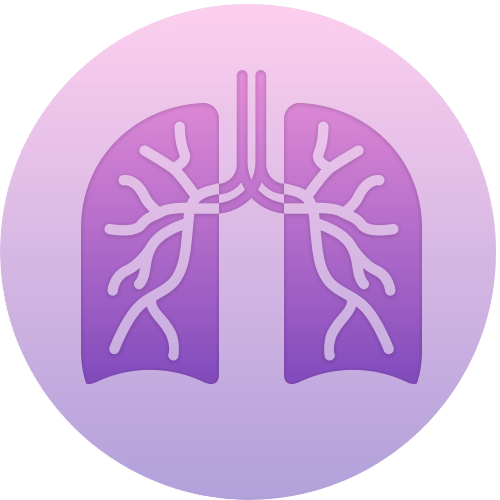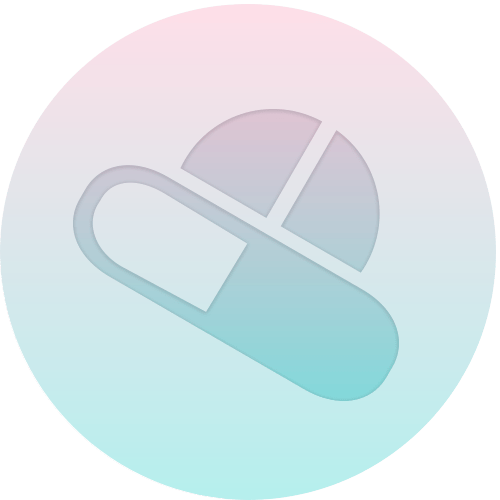Why people don’t just take their damn pills! (Part 1)

Imagine yourself as a pharmacist. Actually, it is hard for people to have an accurate image of what a pharmacist does. Because quite frankly, besides associating us as someone who counts pills and prepares prescriptions, people don’t know. I don’t blame them because they’ll need to have an extraordinary imagination to come close to fully understanding what their pharmacist does. Let’s say you have a fairly good idea, the next question you would ask is: why would you need 5-years of university study and training to do that? That‘s exactly the question that I’ve been asking myself (and I’m sure a lot of other pharmacists feel the same too) every day since I was fresh out of uni. As you become mature and older, your perspective changes. You become less worried about what others think of you and you tend to have greater patience for yourself and on the decisions that you’ve made whether it was right or the least favourable. You tend to try to make things work and grow your passion for the job along the way.
If I were to summarise the role of a pharmacist in two bullet points, it would be:
- To ensure safe and effective use of medicines
- To improve health outcomes through education and compliance promotion.
They certainly sound very PC, but we strive to do this every day behind the scenes. And trust me – they are very hard to attain.
The way we measure success is not very scientific but it mostly involves seeing my patients at three-monthly intervals for their regular medications. Three-monthly is a sweet spot, where people are not sick enough to see me every couple of weeks but also it’s not too long to be suspicious that they are not taking their pills regularly. Striving to revert damaged health is often unrealistic and unattainable. However, we’ve always pleased to find out that our interventions have contributed in some way to not let their health slip to a stage of absolute hell.
After accumulating a few more wrinkles on my forehead, it’s made me realise that what appears on the surface may only be skin deep. Seeing my patients regularly every three months does not mean that they are doing all they can to maintain their health. Medication adherence is a major problem that I see every day on the job. According to the American Heart Association, 12% of people that are prescribed a drug won’t fill the prescription. Approximately 50% of the remaining 88% will fill it, but won’t take the medication or they’ll cease taking it before they should.
Take this as an example, a regular patient of mine passed away recently, her daughter asked if we would help her discard her mother’s medication safely. Certainly, is always the answer as I’m a strong advocate of safe medicine disposal. However, I didn’t realise what I got myself into until I saw the two large boxes of medications that could easily equate to more than a year’s worth of medicines – untouched medications.
A scene like this is not foreign to me and happens more often than you think. What’s interesting is that many of our patients which we once thought were relatively compliant, based on the consistency of their prescription collection, were in fact the complete opposite. What’s worse is to imagine someone having a stroke and have undergoing procedures to bring him back to life. To keep them from having another stroke, they must take heart medications and blood thinners for the rest of their life. Most people are happy to accept the trade-off.
Despite the utility of these drugs, many people will eventually experience another stroke. It’s not because the drug is not effective, but rather not taking the drugs as prescribed. To allow yourself to have another episode of stroke and deteriorate your health further because you don’t want to take your medication? How could people possibly do this to themselves? You would assume that being given another go in life would change someone’s perspective and be more proactive. But in reality, it doesn’t.
As a pharmacist, I tend to blame myself for my patient’s non-compliance. I have the tendency to assume that the failure of patients to follow my professional advice is the fault of mine, not the patient. Have I not explained properly the importance of taking the medication regularly? Have I not spent enough time with my patients?
I believe my job is ensuring my advice will be followed, my intervention will be respected and my follow-up may promote the correct use and assist my patients to achieve desirable health outcomes. Unfortunately, this can sometimes be wishful thinking.
In reality, most pharmacists are time-poor, we don’t have the luxury of time with our patients to the level we would like to be spending with them. That explains why sometimes I’m lacking the understanding as to why won’t they just take their damn pills? Don’t they want to get better? The truth is often fairly complicated. There are multiple variables to explain someone’s non-compliance. It could be psychological factors. It could be miscommunication between doctors/pharmacists and patients. It could also be a matter of affordability of the medicines.
The health system has continued trying to tackle the medication adherence issue. There is a lot of research and discussion on how to improve adherence. The discussion put forward often focuses on more engagement, better information and patient education about medication, and also potential changes to the medication supply chain and delivery leading to greater adherence. Despite that, compliance issues still at an all-time high. It is estimated the cost of non-adherence is $700m, mostly relating to unplanned and avoidable hospitalisation due to people not taking medication as prescribed. This makes me wonder if a different approach is needed and whether we need to dig deeper as to why non-adherence even exists.
Next week I will dive deeper into medication non-adherence and what we can do to help solve this problem.
To taking your medicines regularly, as prescribed,



















